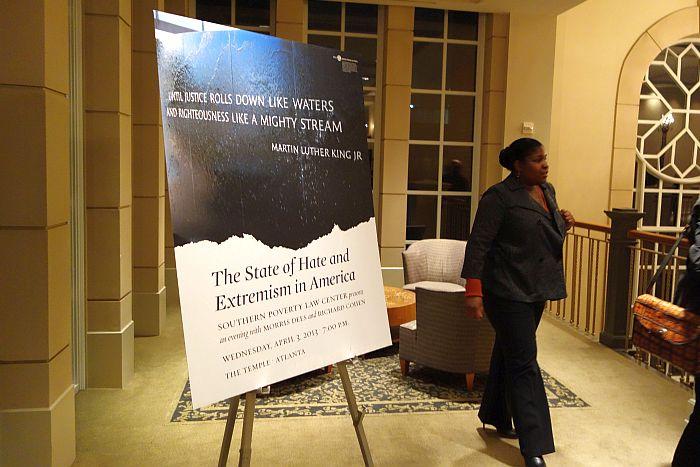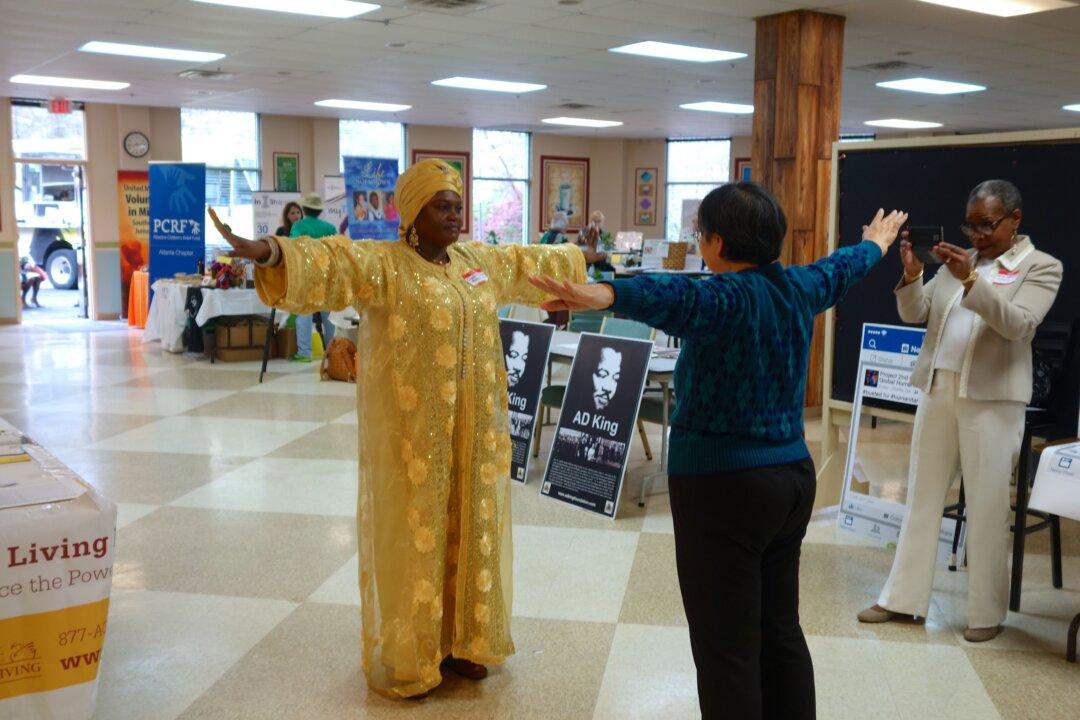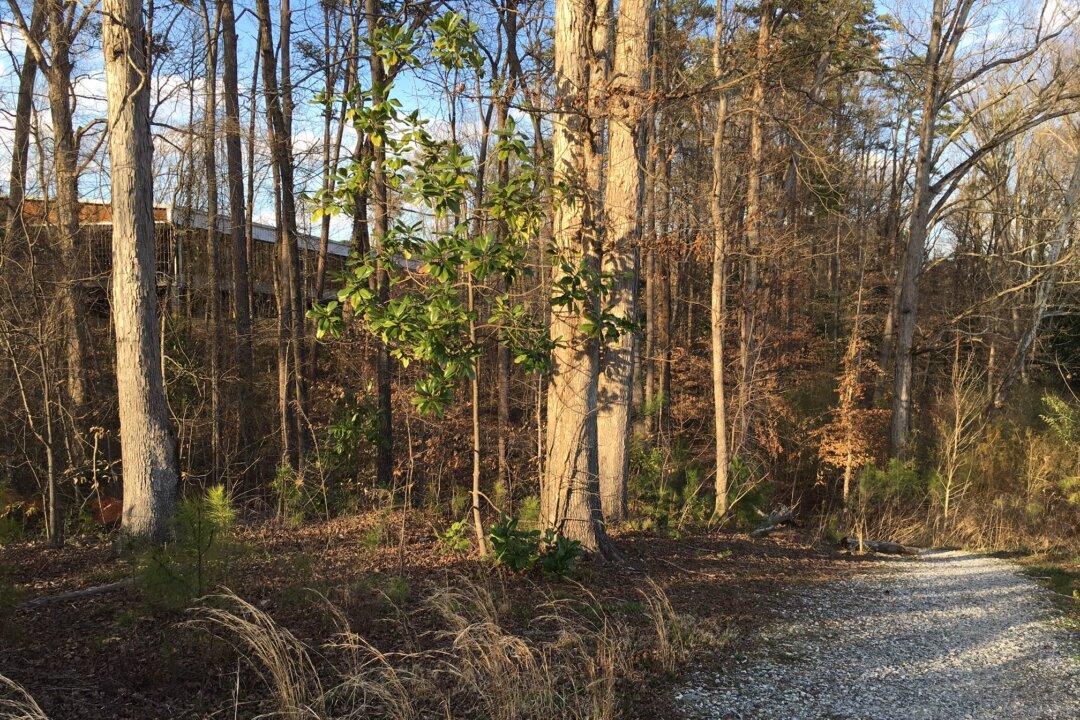ATLANTA—Morris Dees is both loved and hated. He visited a place where he is loved on April 3, the eve of the anniversary of Martin Luther King’s assassination. A standing room only crowd at the Temple gave him more than one standing ovation, as he spoke of his work with the Southern Poverty Law Center (SPLC), which he cofounded in 1971.
Dees and SPLC President Richard Cohen described the group’s history of suing white supremacists, producing films and educational materials to promote tolerance, and tracking what they call hate groups and extremist organizations.
Jury damages awarded in SPLC civil lawsuits financially crippled various chapters of the Ku Klux Klan. For example, when two members of the United Klans of America killed 19-year-old Michael Donald in 1981, Dees and the SPLC sued the group on behalf of his mother, Beulah Mae Donald. A jury awarded Mrs. Donald $7 million, and the Klan was forced to sell its Tuscaloosa, Alabama headquarters to pay the settlement.
Dees choked up as he described an exchange at the trial between Mrs. Donald and one of her son’s killers, James Knowles.
“He said, ‘I know I’ll never get out of prison,’ and he wept,” recalled Dees. “Then he said, ‘Mrs. Donald, can you forgive me for what I did to Michael?’”
Dees paused. “She reared back and she looked at him. She said, ‘I already have.’”
Dees said that after the trial, he reflected that Mrs. Donald’s words were a higher justice than the multi-million dollar verdict.
When it comes to the haters, a cursory web search reveals just how much antipathy Dees, Cohen, and SPLC inspire. For example, conspiracy theorist and radio host Alex Jones of Prison Planet and Infowars displays harsh rebukes of Dees on his websites, casting the civil rights lawyer as fund-raising opportunist who unfairly labels all conservative organizations as hate groups and extremist organizations.
Anti-death-penalty lawyer Millard Farmer described Dees as “the Jim and Tammy Faye Bakker of the civil rights movement, though I don’t mean to malign Jim and Tammy Faye,” according to a 2000 article in Harpers’ Magazine.
Critics say Dees manipulates fear for profit, separating fools from their money. However, SPLC does not charge legal fees to its clients and does not share in its client’s settlements.
Dees’ visit to the Temple was to raise funds. At the free, but ticketed event, he encouraged attendees to “consider SPLC in your planned giving.”
While the Klan’s numbers have shriveled, Dees’ work is far from over. The number of anti-government, hate, racist, and right-wing extremist groups have been growning since 2008, according to SPLC.
Cohen said the recent right-wing fervor reminds him of the tense times before the 1994 Oklahoma City bombing. On March 5, Cohen sent a letter to the Departments of Justice and Homeland Security asking them to create a federal task force on domestic non-Islamic terrorism.
At the Temple gathering, an unusual number of Atlanta police officers were both directing traffic and welcoming visitors. “Watch your step, don’t hurry young lady, it’s a stormy night!” said one helpful officer.
It was a different scene in 1958, when white supremacists bombed the Temple—Atlanta’s oldest synagogue. Back then, Rabbi Jacob Rothschild led the Hebrew Benevolent Congregation, and condemned segregation. The bomber intended his 50 sticks of dynamite to go off during a service, but the timer malfunctioned so that the explosion happened early in the morning. No one was hurt, according to Melissa Fay Green, who wrote “The Temple Bombing.” The building, however, was badly damaged.
Soon after the bombing, Atlanta leaders outside the Jewish community banded together to condemn the incident. Pulitzer prize winning columnist Ralph McGill called the bombing, “a harvest of defiance of the courts and the encouragement of citizens to defy law on the part of many Southern politicians.”





